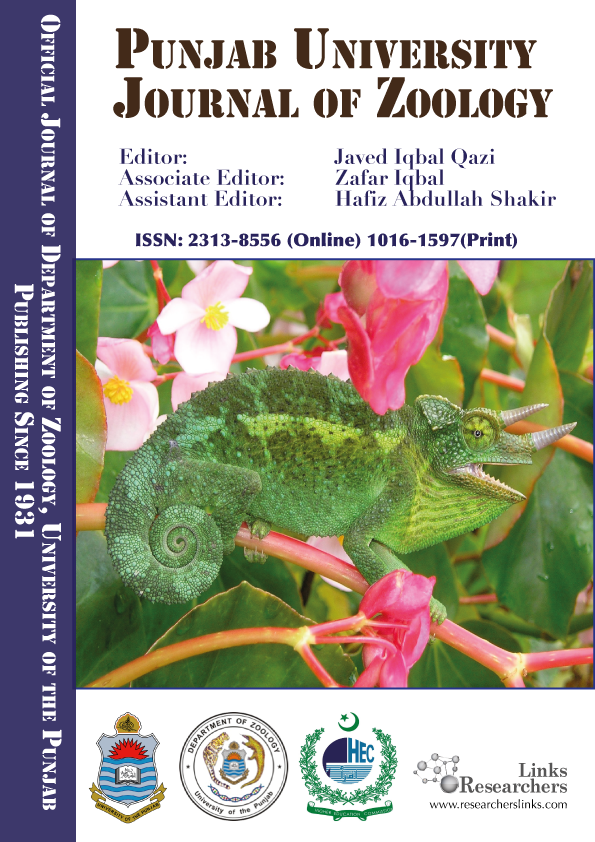Abstract | Preservatives have been used since prehistoric times and today is a recurring topic in world debate. Paraben is among the top class preservatives used in food, pharmaceutical agents, drinks, beautifying agents and numerous different items. So purpose of study was to determine the possible hepatic and nephrotoxic effects of Butyl paraben in mice and to explore the possible curative and protective impacts of turmeric. Fifty mice randomly divided in five groups, i.e. Control, dose group (BP), dose and antidote group (BP+AD), vehicle control group (VC) and antidote group (AD). A sub lethal concentration containing 15ug/g B.W of BP was given with and without turmeric orally, dissolved in corn oil, used as vehicle too. Dissections were made on 31st day, twenty-four hours after the last dose administration. Results showed that continuous administration of butyl paraben (BP) had decreased the organs weight as compared to control. Regarding biochemical parameters results had shown an increased enzymatic level of alanine transaminase (ALT), aspartate transaminase (AST), alkaline phosphatase (ALP) and a significant increase in bilirubin levels in BP group. Significant raised patterns were recorded for urea and creatinine in BP intoxicated mice against control. Histological defects observed were necrosis, pyknosis, increased sinosuidal spaces, portal hypertension, glomerulosclerosis, abnormal vascular pole in liver and kidney respectively. But when turmeric powder was coadministered with BP, these damages were reversed to a great extent. So, this study has proved the protective role of turmeric against toxicity induced by BP in female albino mice.
Novelty Statement | Curcumin, an active component of turmeric along with its proven anti-fungal and antimicrobial activities also detoxify Paraben (suspected car-cinogen and endocrine disruptor) instigated damages.







